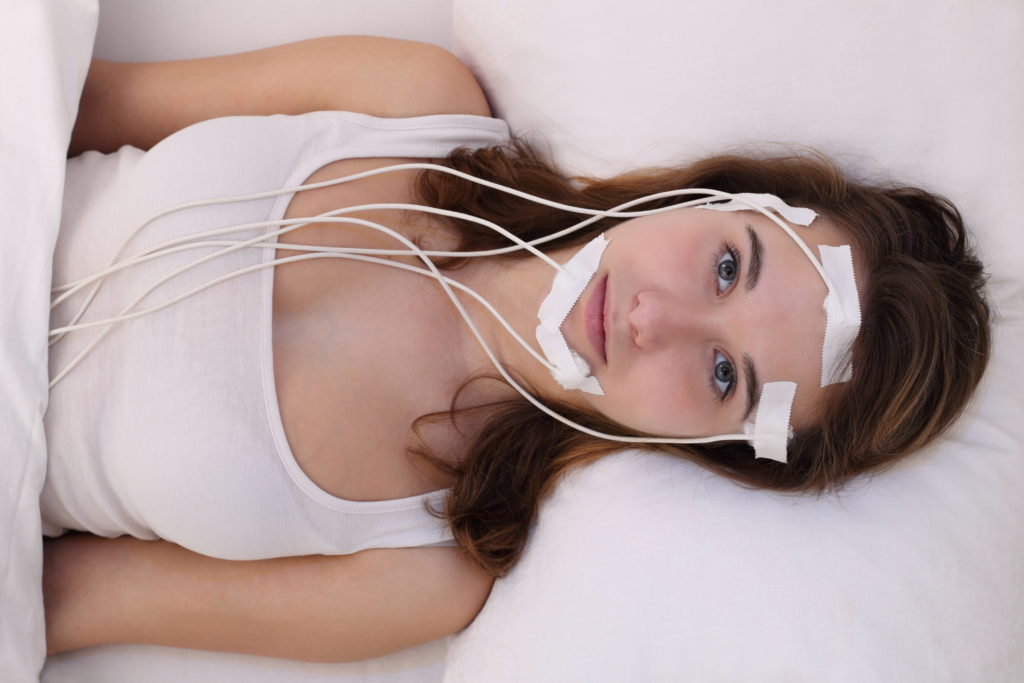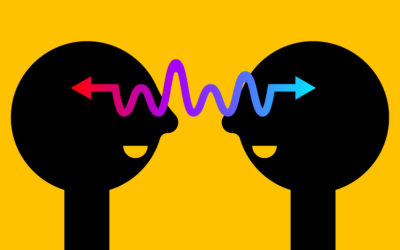Quick Hits
Daily brief research updates from the cognitive sciences

I have written numerous posts and articles on sleep and the brain (review here), and the evidence is crystal clear. Good and consistent sleep is essential to all aspects of physical and mental health.
So, this latest piece of research may come as a surprise and feels a bit strange. Specifically, researchers around Celia Kjaerby at the University of Copenhagen found that we may awaken up to 100 times per night. And counter-intuitively this may even be a sign of good night’s sleep. How that?
What these researchers found is that the refreshing part of sleep, deep sleep, is driven by waves of noradrenaline. Yes, a chemical that is normally a stimulant and highly active in arousal states. These waves wash over the brain in short bursts and awaken the brain – however we do not normally notice this because these are small bursts and do not trigger conscious awakening – but according to brain activity the brain is awake.
The researchers see this as an important aspect of sleep which helps to reset the cellular processes and the brain and helps to consolidate memory. In fact, this is precisely what the researchers found.
This research was in mice, common in neuroscience research, and they had implanted small electrodes in the brain to monitor the sleep patterns. That’s how they were able to detects these noradrenaline waves. When they actively stimulated these waves during sleep, memory improved.
This therefore shows that this process seems to be important for enabling memory consolidation. Moreover, this seems to be related to the amplitude of noradrenaline waves i.e. those with higher bursts but lower lows also showed improved memory function.
This research could also be very important information because, for example, some forms of anti-depressant increase noradrenaline but this may inhibit these waves by elevating levels and this could then stimulate memory deficits or less restful sleep.
So, we know getting a good night’s sleep is essential to health but this shows that it is more nuanced than we thought and that noradrenaline is also important for good sleep and good memory…all while waking you up.

Andy Habermacher
Andy is author of leading brains Review, Neuroleadership, and multiple other books. He has been intensively involved in writing and research into neuroleadership and is considered one of Europe’s leading experts. He is also a well-known public speaker, speaking on the brain and human behaviour.
Andy is also a masters athlete (middle distance running) and competes regularly at international competitions (and holds a few national records in his age category).
Reference
Celia Kjaerby, Mie Andersen, Natalie Hauglund, Verena Untiet, Camilla Dall, Björn Sigurdsson, Fengfei Ding, Jiesi Feng, Yulong Li, Pia Weikop, Hajime Hirase, Maiken Nedergaard.
Memory-enhancing properties of sleep depend on the oscillatory amplitude of norepinephrine.
Nature Neuroscience, 2022
DOI: 10.1038/s41593-022-01102-9
More Quick Hits
The Surprising Effectiveness of Coaching in Diminishing Burnout Symptoms
Different areas of the brain are associated with empathy – this new research shows how brain regions synchronise to induce empathic responses.
When Love Overrides Other Needs
Different areas of the brain are associated with empathy – this new research shows how brain regions synchronise to induce empathic responses.
The Negative Social Impact of Dealing with AI in the Workplace
Different areas of the brain are associated with empathy – this new research shows how brain regions synchronise to induce empathic responses.
How the Gut Influences Brain Development in Babies
Different areas of the brain are associated with empathy – this new research shows how brain regions synchronise to induce empathic responses.
Your Brain’s Own Cannabinoid Molecules Calm You Down
Different areas of the brain are associated with empathy – this new research shows how brain regions synchronise to induce empathic responses.
Role of Dopamine in Speed and Accuracy of Decisions
Different areas of the brain are associated with empathy – this new research shows how brain regions synchronise to induce empathic responses.






